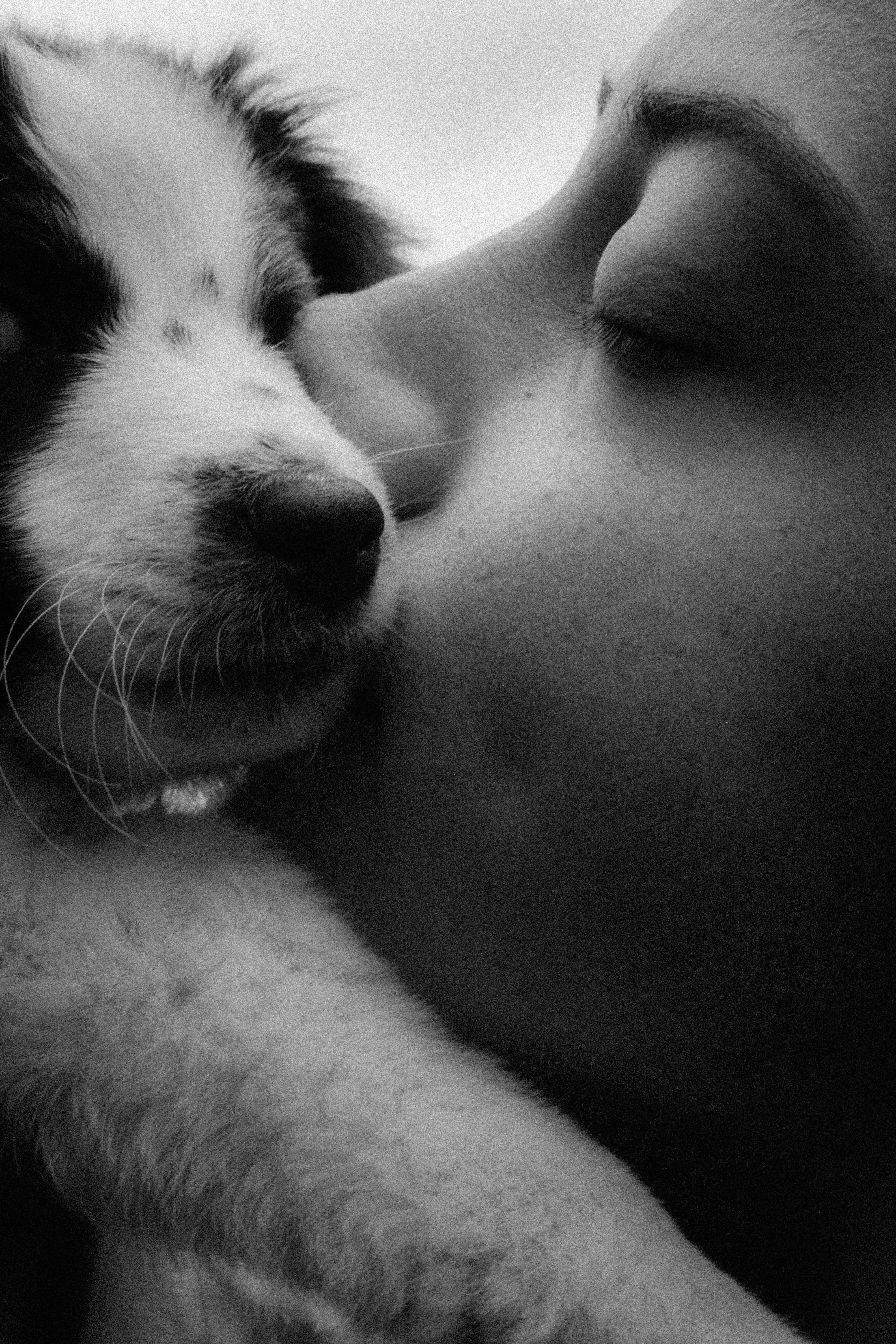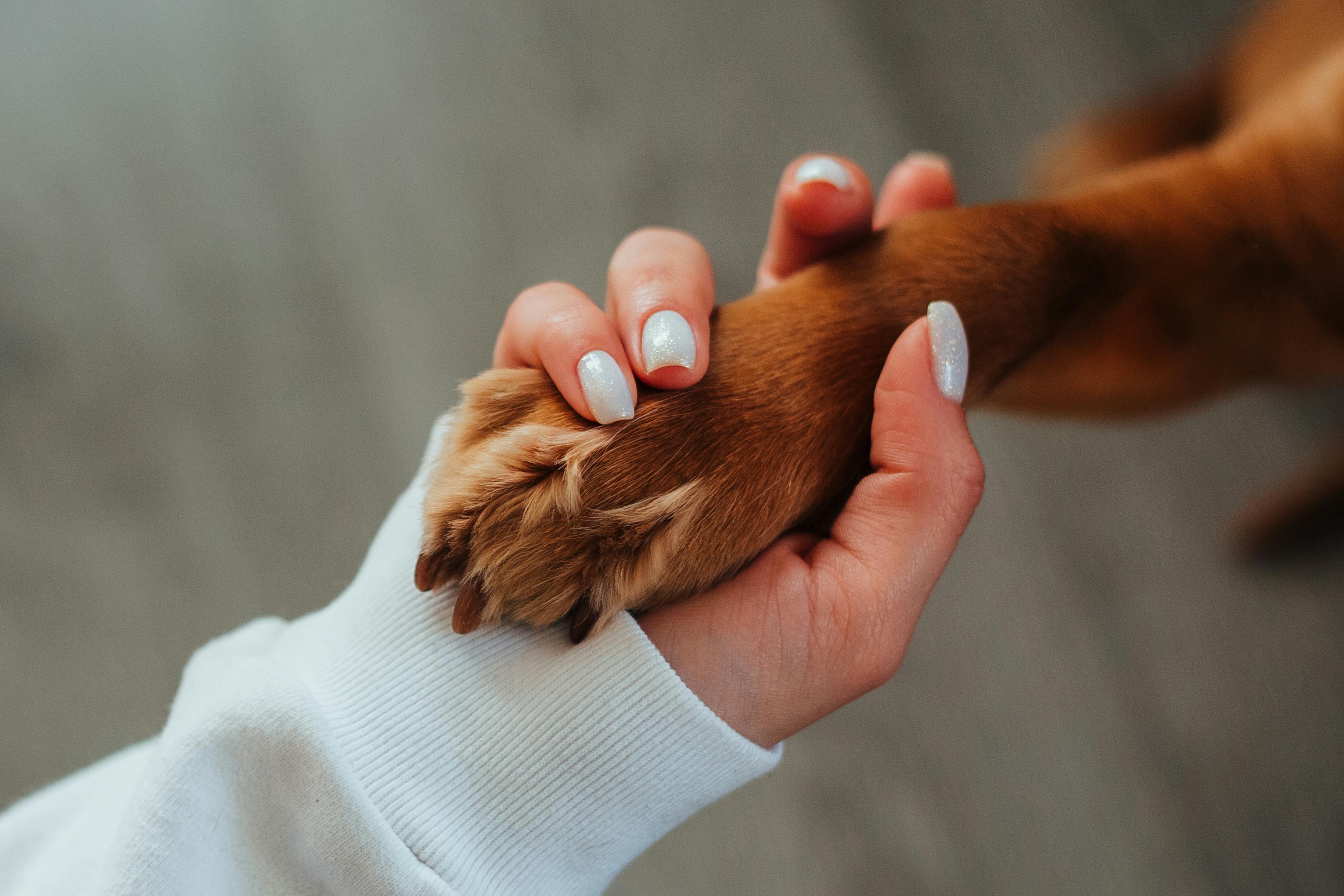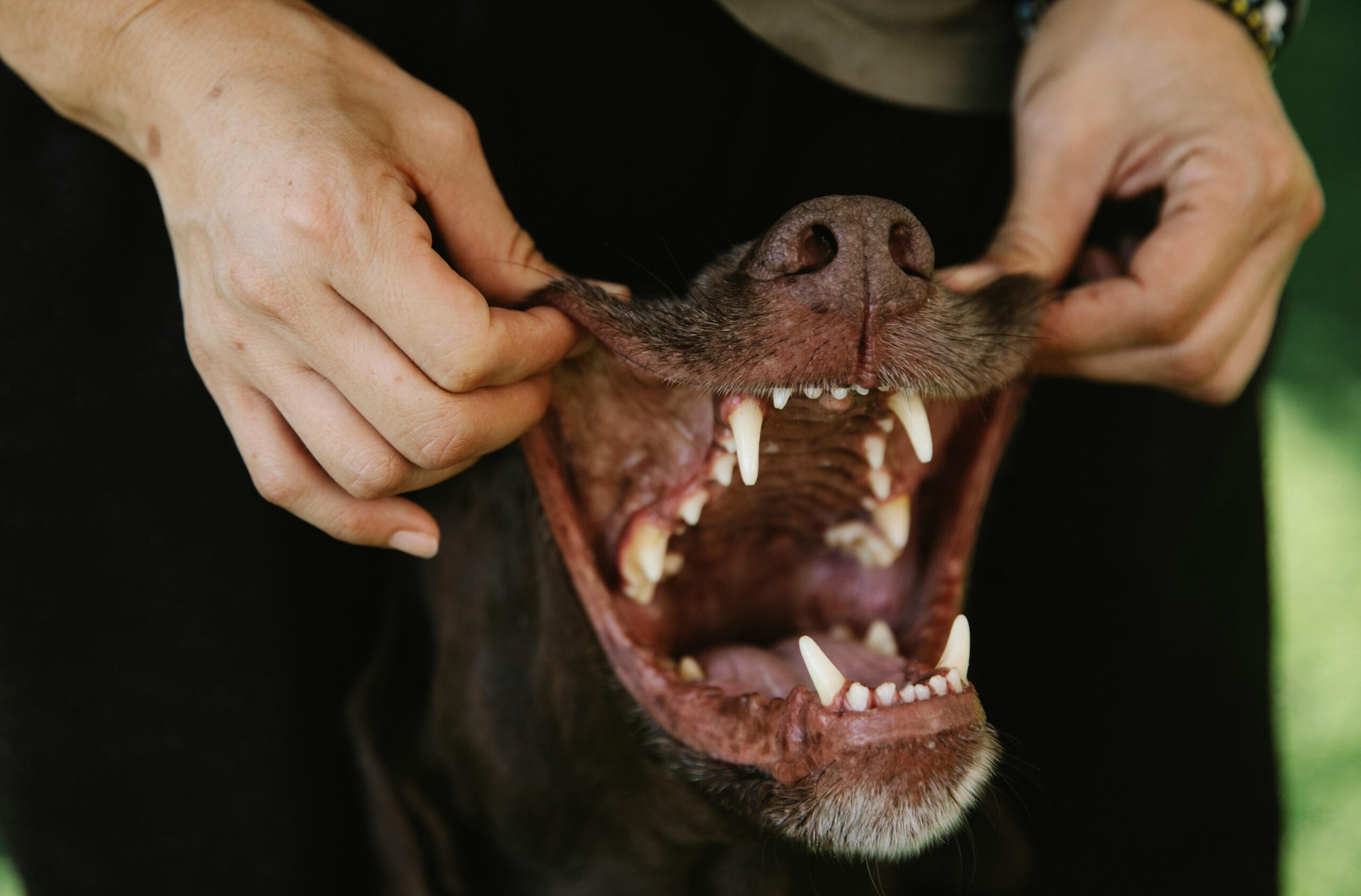Essential Guide to Pet Dental Care McKinney
Pet dental care in McKinney is more than a routine check—it’s a vital component of your animal companion’s overall health. As pet owners become more educated about their pets’ needs, oral hygiene has taken center stage. This comprehensive guide explores the full spectrum of dental care for pets, from daily maintenance to advanced treatment options, ensuring your furry friends live longer, healthier lives.

Understanding the Fundamentals
Pet dental care refers to the practices and procedures aimed at maintaining oral health in animals, especially dogs and cats. Like humans, pets are prone to plaque, tartar, gingivitis, and even periodontal disease if not cared for properly. In McKinney, pet owners are increasingly recognizing the value of preventive dental care in reducing long-term health risks and veterinary costs.
Neglecting oral health can lead to serious consequences, including infection, tooth loss, and even systemic illnesses. Just like brushing your own teeth prevents decay, regular pet dental routines ensure your companion’s comfort and vitality. Think of it as investing in your pet’s quality of life.
1.1 Importance of Regular Dental Hygiene
Regular brushing and dental cleanings prevent the accumulation of plaque, which hardens into tartar and damages gums and teeth. According to the American Veterinary Dental Society, over 80% of dogs and 70% of cats show signs of oral disease by age three.
Dental hygiene doesn’t just prevent bad breath—it supports organ health. Oral bacteria can enter the bloodstream and impact the liver, heart, and kidneys, underscoring the need for consistent pet dental care in McKinney.
1.2 Identifying Dental Issues Early
Common signs of dental trouble include excessive drooling, pawing at the mouth, bleeding gums, and changes in eating behavior. Unlike humans, pets often hide pain, so even minor symptoms should prompt a visit to your McKinney veterinarian.
Early detection is key. Identifying issues at a routine dental checkup can prevent more invasive, costly procedures later. It’s about being proactive, not reactive.
Practical Implementation Guide
Knowing the basics is only half the battle; applying them is where pet owners truly make a difference. With consistency and the right tools, pet dental care in McKinney can become a stress-free part of your daily routine.

2.1 Actionable Steps
- Daily Brushing: Use a pet-specific toothbrush and enzymatic toothpaste. Brush in gentle circles and focus on the gumline.
- Provide Dental Chews: Opt for vet-approved chews designed to reduce plaque and stimulate saliva production.
- Schedule Professional Cleanings: Annual dental exams at your local McKinney veterinary clinic help address deep tartar buildup and hidden issues.
2.2 Overcoming Challenges
Challenges like pet resistance, lack of time, or uncertainty about products are common. Try these solutions:
- Introduce brushing gradually with positive reinforcement.
- Use flavored toothpaste your pet enjoys.
- Establish a fixed routine to build familiarity.
Experts recommend starting young, but even older pets can adapt with patience and consistent effort.
Advanced Applications
For pets with severe dental issues or those at higher risk due to breed or age, advanced interventions may be necessary. These procedures are available through specialized pet dental care services in McKinney.

3.1 Dental Surgery and Extractions
In cases of advanced periodontal disease, surgical intervention becomes essential. Tooth extractions, root planing, and gum treatments help restore comfort and prevent infection. Many McKinney clinics offer sedation-based procedures for a stress-free experience.
Studies show that pets recover quickly from extractions and often display more energy post-procedure, indicating relief from chronic pain.
3.2 Anesthesia-Free Cleanings
Some clinics in McKinney offer anesthesia-free dental cleanings for pets who are medically sensitive. This method removes surface plaque and tartar, though it’s not a substitute for deeper cleaning when needed.
While not suitable for all pets, this option provides a safer alternative for seniors or pets with health concerns, when monitored closely by professionals.
Future Outlook
Pet dental technology is rapidly evolving. Innovations such as digital dental X-rays, ultrasonic scaling, and probiotic oral rinses are becoming common in McKinney clinics.
Over the next 3–5 years, we expect AI-assisted diagnosis tools, 3D-printed dental implants, and personalized dental plans based on genetic profiles. Staying informed and working with a proactive vet ensures your pet receives the most advanced care available.
Conclusion
Pet dental care in McKinney is a growing field, and now is the perfect time to get involved. Here’s what you need to remember:
- Daily brushing and annual exams prevent disease.
- Dental issues affect overall health and should be taken seriously.
- Advancements in care make dental treatment more accessible and effective than ever.
Ready to improve your pet’s quality of life? Start with a basic dental checkup and build a routine that works for you both. Your pet will thank you with every wag and purr.
Frequently Asked Questions
- Q: What are the first signs my pet needs dental care? Look for bad breath, bleeding gums, difficulty eating, and visible tartar buildup on the teeth.
- Q: How do I start a dental care routine for my pet? Begin by introducing a toothbrush and toothpaste slowly. Start with short brushing sessions and use treats as rewards.
- Q: How much time should I dedicate to pet dental care? Daily brushing takes 2–5 minutes. Annual professional cleanings may take a few hours including recovery time.
- Q: How much does pet dental care cost in McKinney? At-home care costs around $10–$30 monthly. Professional cleanings range from $150–$600 depending on complexity.
- Q: How does pet dental care compare to other wellness efforts? It’s equally important. Oral health impacts organs and systemic health, making it just as crucial as nutrition or exercise.
- Q: Is dental care difficult for older pets? It can be trickier, but with patience and gradual adaptation, even senior pets benefit immensely from dental routines.
- Q: Are there specific dental concerns for certain breeds? Yes. Small breeds like Chihuahuas and flat-faced breeds like Bulldogs are more prone to dental issues and need closer monitoring.
